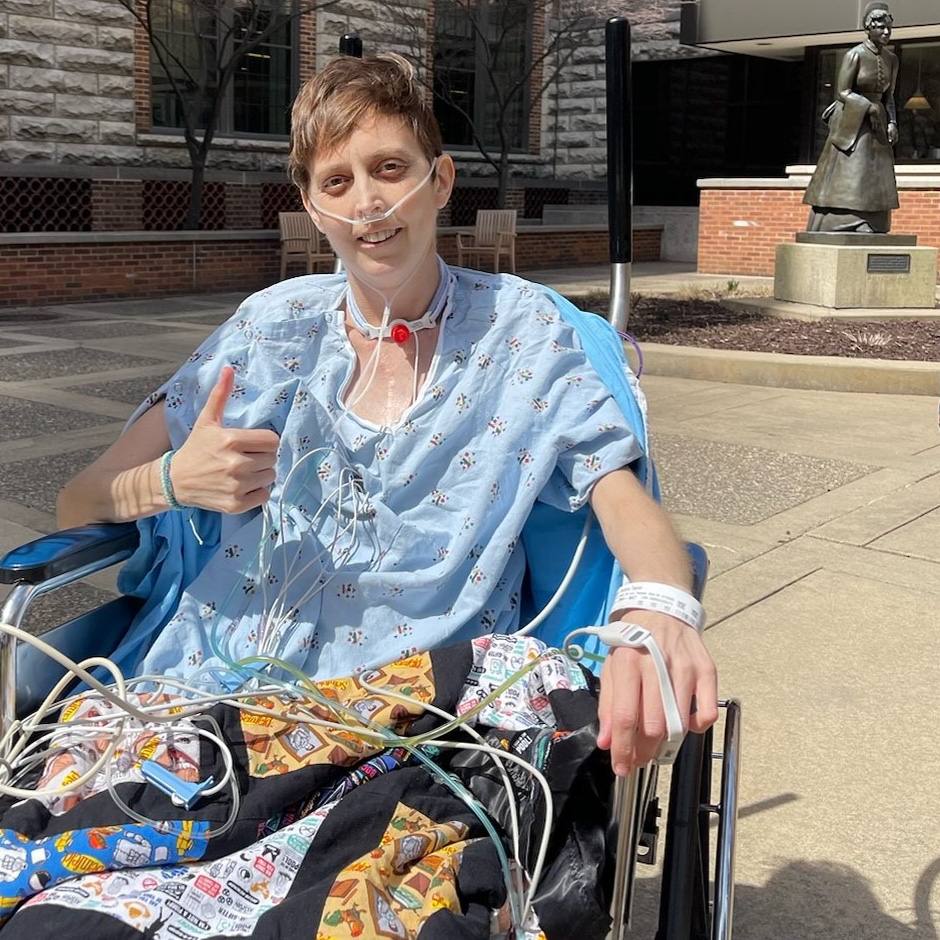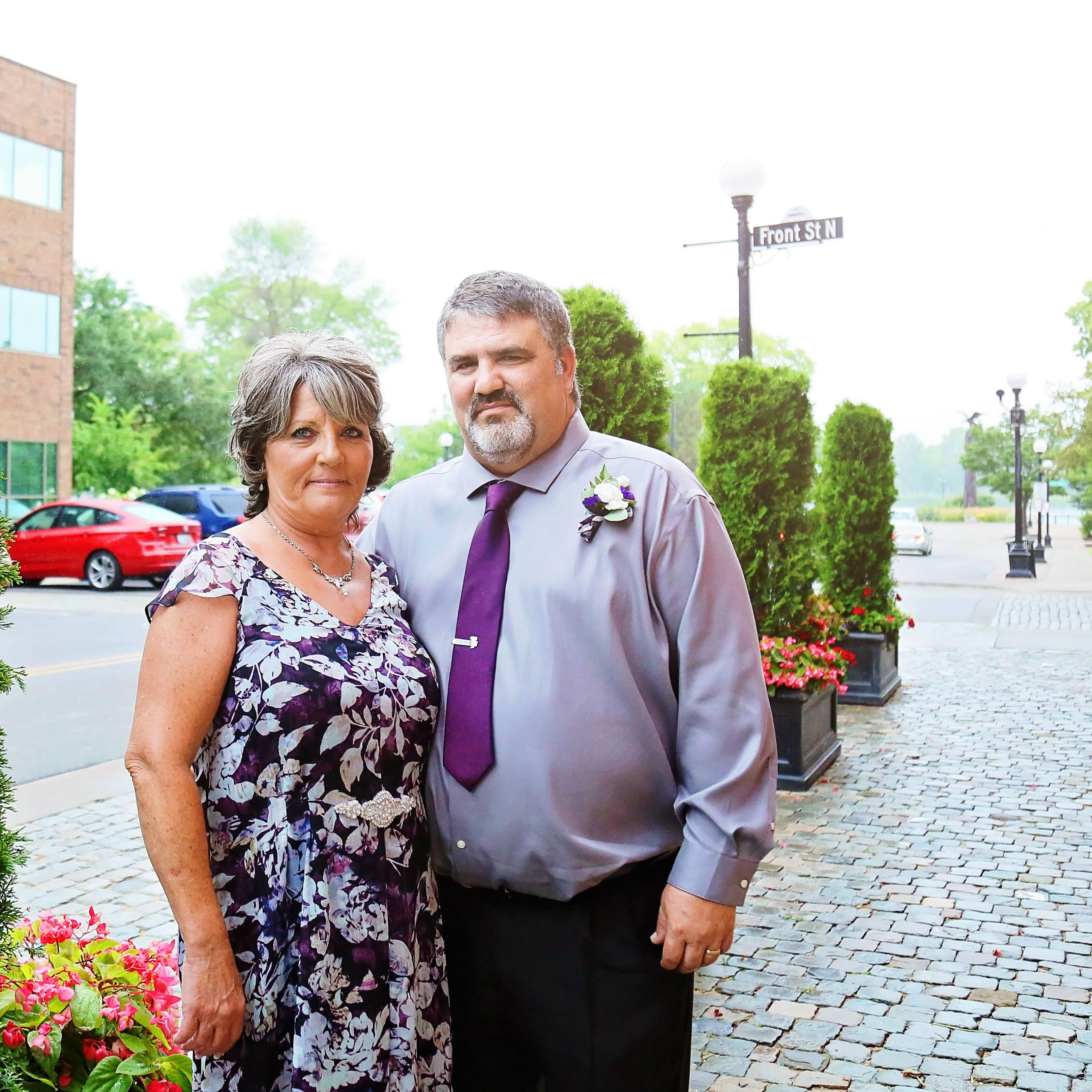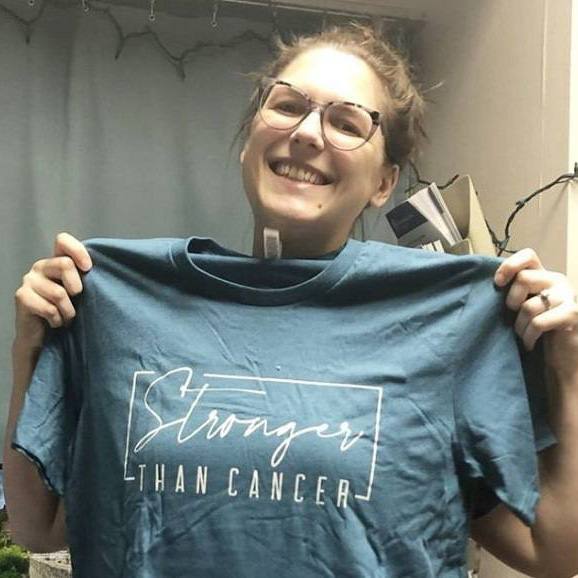-
Sharing Mayo Clinic
Helping the Girls of the Congo: Part Seven (Monday)
The following update was sent from the Mayo Clinic team currently in the Democratic Republic of the Congo:
"We set off early for Panzi Hospital, the car packed with our supply boxes. The drive itself was an adventure. There are no paved roads, and the rainy season has just begun, creating huge craters filled with mud. The roads are tightly packed with pedestrians heading in all directions - including directly in front of the car. There are no traffic lights, and the rules governing right of way are entirely unclear. We drove past thousands of tiny wooden sheds with vendors selling bread or fruit or fish. We pulled into Panzi, a little late for the morning prayer service. We then attended morning report with about fifteen staff physicians and 30 medical students. They began with the deaths that had occurred over the weekend, including a patient whom Dr. Mukwege had tried all weekend to save after she developed kidney failure from a complex fistula repair that some other surgeons had tried. The team then presented the admissions from the weekend, with a tremendous variety of cases and successes. We split up according to our various specialties. Dr. Emanuel Trabuco and Dr. Sean Dowdy saw patients who needed surgery. Their first patient was a 22 year-old woman who had just arrived at the hospital after having a rifle forced into her vagina and rectum and fired, shattering her pelvis. In consultation with Dr. Mukwege, it was decided that surgery would have to be delayed for several months to allow the inflammation to heal. They saw many cases of teenage girls who had experienced obstructed labor for days because of lack of access to a hospital. When they arrived days later at the hospital, the babies were stillborn and the girls were left with fistulae. Alain, Dr. Mukwege’s son who has just finished medical school, did an exceptional job translating the womens’ stories.
Lois McGuire and Dr. Doug Creedon saw patients in Dr. Mukwege’s outpatient gynecology clinic. They were struck by how many of the conditions are similar to what they would see in Minnesota, but treatment options are limited. Dr. Phil Fischer rounded on the inpatient pediatrics service. Phil lived in DRC for six years, and has so much experience with diseases experienced by children in this region. He also happens to speak fluent French and Swahili, and he had a trail of medical students following him by the end of the day. He has written a book (in French) on pediatric diseases in DRC, and he brought copies for the students. Dr. Deb Rhodes rounded on the inpatient medical student service. The majority had complications from tuberculosis or HIV. When a patient needed a procedure, it was done immediately at the bedside on rounds, with incredible precision despite a fraction of the equipment that we would use for this procedure in the U.S. One woman came in with abdominal pain. She walked in and allowed numerous examinations before an x-ray was taken revealing free air in the abdominal cavity, likely from typhoid. This is an incredibly painful condition, and the stoicism and lack of complaint that she exhibited is characteristic of all the patients we saw.
We left with a sense of awe for what this hospital provides to patients every day in conditions that would cripple western medicine. The clinical acumen of the doctors is extraordinary, because they do not have the luxury of coming to the right conclusion by running numerous tests to exclude "everything but." There is no running water. There are 20 patient beds per small hospital room. There are no isolation rooms. There are no hospital gowns or drapes or disposable paper products. The electricity falters numerous times a day. The heat in the OR is stifling. There were so many patients to see, with suffering so raw that we had to choke back tears many times. The stories of unspeakable violence are so difficult to hear that you think you eventually could not listen to another. But day after day, the staff continues to listen and comfort and heal, giving good care to every patient no matter how long the line."
Related Articles







